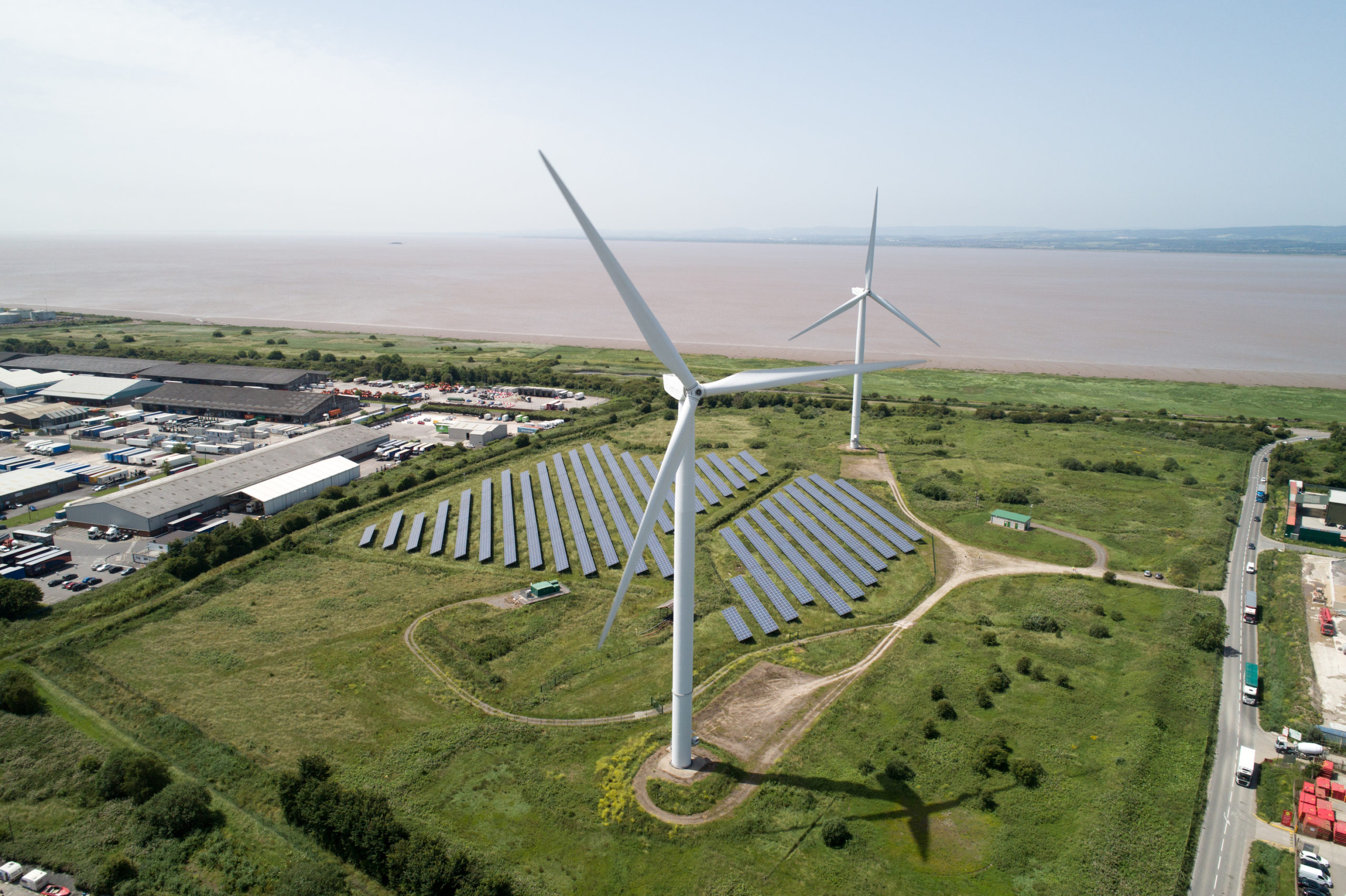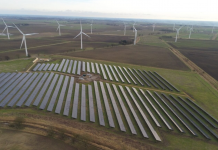The Chancellor’s imminent electricity generator levy (EGL) risks stalling or stifling hundreds of millions of new investment in renewables, Britain’s biggest lobbying body for green energy warns today.
Jeremy Hunt floated the EGL concept in last month’s Autumn Statement, much of it designed to reverse the damage of Kwasi Kwarteng, Hunt’s predecessor at No 11, and as recently as September, the Conservatives’ last energy secretary-but-one.
Taking effect next month and running until March 2028, the EGL is a 45% tax on “exceptional receipts” by generators trading their output on wholesale markets.
The government defines “exceptional receipts” as wholesale electricity sold at an average £75 per MWh or more over any accounting period.
The EGL embraces both thermal and clean generators producing at least 50GWh a year. It applies to exceptional receipts over £10 million in any accounting period.
The government published its EGL draft legislation yesterday. Today the REA – the Association for Renewable Energy & Clean Technology – reacted with alarm, alleging the EGL’s bad drafting discriminates against clean generation, and in favour of gas and oil hydrocarbons.
It will disrupt markets, potentially slow Britain’s progress to Net Zero and could harm Britain’s security of supply, according to the clean power lobbyists.
“Our attempts to mitigate the impact of the EGL have been taken on board by government through moves on exceptional costs and indexation” said the REA in a statement.
But tax offsets against upfront outlay of capital, already conceded to fossil leviathans in tax legislation, are absent from the government’s stance addressing renewables, say the REA. Operating from next month, the EGL risks compounding that injustice.
“Treatment ( of renewable investment ) must be fair and equitable in relation to the oil and gas sector,“ said the lobbyists. “Under no circumstances should the EGL risk the solvency of businesses that have such a vital role in our long-term energy security”.
The REA now demands that Hunt alters the EGL, providing the clean tech sector with sweeteners, similar to those enjoyed by fossil leviathans in their comparable Energy Profits Levy.
Tax relief granted to fund exploratory drills, pipes, rigs and refineries have long feather-bedded planet-wrecking fossil fuels, or so renewables advocates contend.
Thanks to capital reliefs, neither Shell nor BP paid a penny of tax on their North Sea operations over the three years to 2020.
Already, says the REA, the government’s poorly drafted tax grab is forcing its members to consider holding back on investments.
One is landfill-to-energy converter Enovert, which describes itself as a long-established backer of renewables.
Chief executive Mark Silvester said “Enovert has a pipeline of renewable assets under development – typically in partnership with local authorities, landowners or energy-intensive users keen to reduce their carbon footprint.
“The EGL risks undermining confidence and restricting future investment in new renewable energy assets”, Enovert’s boss went on.
“It remains unclear why the renewables sector is being treated differently to oil and gas ” the REA added.
Policy director Frank Gordon observed: “While our members recognise the immense economic challenges facing this country, we would question the wisdom of subjecting cheaper, greener renewable power sector to a more punishing tax system than its oil and gas counterparts.
“We strongly urge the government to fix this disparity by providing a tax relief for low carbon investments as part of the Electricity Generator Levy design.
“This is crucial for getting investments in renewables moving again following the pause that resulted from the last few months of political and policy uncertainty.
“The REA is now urging the Prime Minister and Chancellor of the Exchequer for further clarity on the levy, and to ensure that any mechanism used to raise funds from the renewable energy sector is fair, equitable and supports our sector to grow”, Gordon added.




